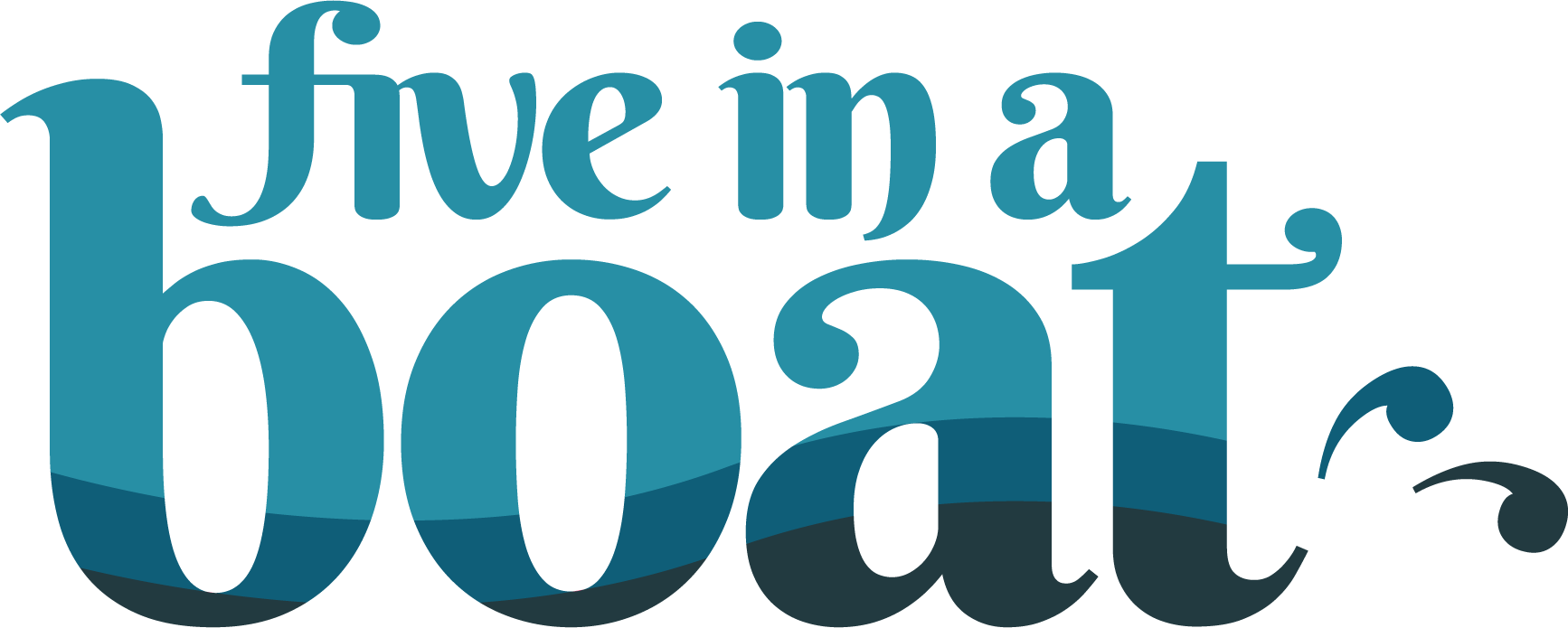How to Write Like a Pro
To celebrate National Writing Day this week we thought we would shine a spotlight on our Head of Content Dan, who is a dab hand at producing brilliant prose at the drop of a hat. So here are some top tips from Dan on how to write like a pro.
As a former journalist Dan has worked for an array of publications and PR agencies. A writer first and foremost, he specialises in content creation ranging from long form white-papers and thought leadership material to blogs and corporate messaging.
Dan graduated with a degree in Journalism from Falmouth University before cutting his teeth as a reporter in local news, with stints working abroad for The Times of India and BBC Magazines, supplemented by occasional travel writing.
Buckle in for Dan’s tips from the top!
Read. All the time.
Reading is fundamental to developing as a writer. What you read, how much you read and how you approach it are all essential factors in improving your technique. Often, when writing is a significant part of your job, reading new material beyond what is strictly necessary for the task in front of you falls by the wayside for the sake of expediency - when in reality it should be a central part of your role.
This means not just reading around your specific subject of interest, but making sure you read on the same topic from multiple sources that represent multiple points of view. This is useful for not only making sure you have a firm grasp on the subject matter, but also for understanding what readers want and how different authors have approached communicating it to them. On a more mechanical level, reading gives you a feel for different styles, voices and narrative structures that you can experiment with and combine to form your own as needed.
Know how to write for your audience.
This means going beyond simply absorbing a large amount of material by reading and breaking it down into what component parts work. Writing for a gaming audience is different from writing for a B2B technology crowd, and your work needs to reflect that. But don’t confuse this with simply upping or lowering the complexity of your writing. For the most part you should aim for simplicity in your writing, even when tackling technical subjects. This means short sentences and small words wherever possible, and becoming proficient at communicating complex ideas with simple language.
Often this means foregoing clever turns of phrase or “flowery” language, which might be a lot more fun to write, but can get in the way if they don't directly serve the message you’re trying to convey. The best way to test for simplicity is to read it out loud. If a sentence is hard for you to say, or you notice that you’ve spent too long on a tangent, it is probably going to be hard for your audience to follow and should be changed.
Just write.
It sounds like the most obvious advice in the world, but the simple act of getting ideas down on paper is the best way to make the writing process flow smoothly. While you don’t have to take it as far as Hemmingway’s philosophy of “Write drunk, edit sober” - just making rough notes is usually the best starting point for creating something good, rather than spending a lot of upfront time “planning” the perfect piece.
Editing is essential to high-quality writing. Ideally, you should take a break between finishing a first draft and coming back to refine it. The ability to step away and let a piece sit for a while is an underrated tool in your writing arsenal. Use that time to do something else, whether that is research on an unrelated topic or writing something completely different. The time spent away will make it easier to see your work with fresh eyes and to notice what works versus what doesn’t.
Final word
Ultimately, writing can often seem an overwhelming task. It is easy to doubt your work when faced with new and unfamiliar topics, especially when publications give strict specifications and tight deadlines. However, it is crucial to remember the joy in crafting a great sentence and communicating an idea well. Writing is an art form and being a good communicator is an enormously valuable skill that extends far beyond a career in communications.
Always try to enjoy the process, do what works best for you, and trust that every edit that gets made is a step on the right path to becoming a better writer.
